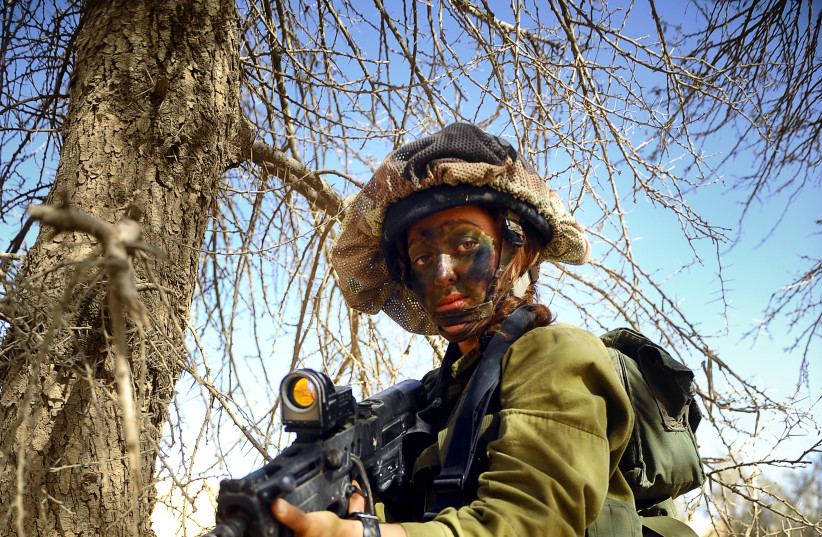The Iron Swords War revealed the strength and heroism of Israeli women across various fields. Women are taking on essential roles—some on the battlefield as paramedics, ground fighters, and combat fighters, while others are on the home front, managing domestic and economic challenges. The complexity of balancing family life with the need to fulfill key roles in responding to economic demands poses numerous challenges, particularly for women whose partners have been called to combat duty.
Two studies I conducted on women in the home front during the Iron Swords War provide a nuanced picture of the coping mechanisms, mental resilience, and survival strategies employed by women in Israel during this time.
The first study, conducted in the fifth week of the war with Dr. Dan Ramon, focused on women whose partners are not combatants and do not live in areas close to the fighting—specifically, women outside the direct circle of vulnerability. Nevertheless, even for them, coping with the new situation was highly challenging.
Managing the household was particularly difficult as parts of the education system were suspended, and they often found themselves filling in for mobilized men and women—all while fulfilling the demanding role of motherhood against the backdrop of a national trauma affecting all areas of life.

Coping strategies
Findings from the study highlight the importance of “realistic optimism” as an effective coping strategy. Women who did not settle for merely maintaining an optimistic perspective but used it as a motivation for daily action to preserve a routine were those who exhibited higher resilience and better adaptation to the situation, despite the challenges posed by the war.
In other words, those who viewed this emergency situation as an opportunity for action rather than just a crisis managed to maintain a greater sense of efficacy in their work, reflecting their adaptation to the challenges the war presented in its early phase.
The second study, conducted with Anita Zorhcinsky, took place about five months after the war began, during a period referred to as “wartime routine,” and focused on women in the first circle of vulnerability—the partners of combatants. This research revealed an interesting paradox regarding communication between the women and their partners at the front.
Although communication was generally rated positively by the women and included expressions of love, longing, and emotional support, it was not directly linked to the women’s mental health.
It can be assumed that, alongside the comfort derived from managing positive communication with their fighting partners (via electronic means such as mobile phones and WhatsApp), feelings of longing and increased awareness of absence and loneliness were also heightened.
For some women, the conclusion of an emotional conversation—especially one filled with expressions of love—triggered feelings of lack of intimacy and highlighted the absence of their partner’s physical presence. This phenomenon may have contributed to the absence of the expected connection between positive communication and improvements in the women’s mental health, meaning that good communication did not necessarily benefit the partners.
Another finding revealed that about a fifth of the women reported a deterioration in communication with their partner when he returned home on leave, compared to the period before the war. It is possible that the pressures accompanying the war, combat experiences, and the stresses of coping on the home front contributed to heightened tensions in the marital relationship.
Additionally, it was found that religious women reported better mental health than secular women, perhaps due to the community and spiritual support structures that religion provides. I also found that mothers rated their communication with their fighting partner as less satisfactory than women who are not mothers.
This may be due to mothers’ high expectations for support from their partners, given the challenges of managing childcare under the trauma of war—support that the combatant may not always be able to provide—leading to a perception of inadequate communication quality. However, despite this, mothers expressed greater mental health than women without children, likely due to the strength that motherhood provides, reflected in their mobilization, efficiency, and effective management of mental energy despite difficulties.
Overall, the findings underscore the need to establish mental health support systems for the partners of combatants, tailored to address the emotional and social complexities they experience. Furthermore, data indicating a deterioration in marital communication highlights the necessity for the involvement of professionals in couple therapy to develop short-term intervention programs that can provide swift and targeted responses to relationship issues, which, like other aspects of our lives, may have been strained during the war.
The writer is a researcher in work, family, and gender systems at Netanya Academic College’s School of Behavioral Sciences.
